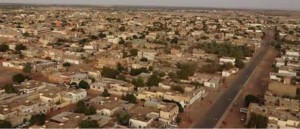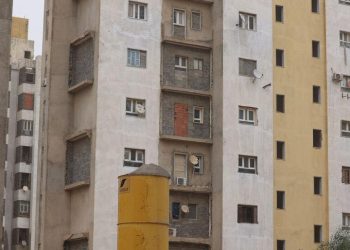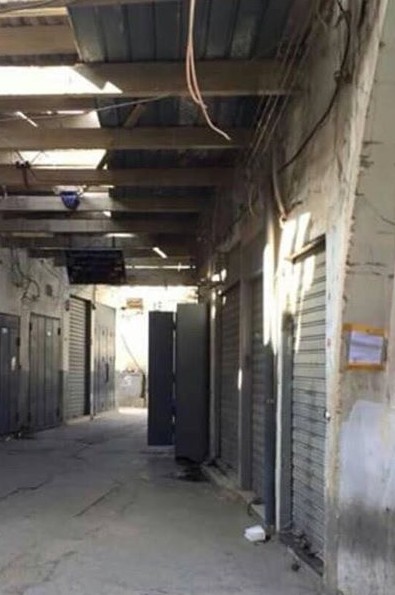By Libya Herald reporters.

Tripoli, 5 November 2015:
Though final gestures have to be made, including an exchange of prisoners, it seems that . . .[restrict]mediators have managed to bring an end to two months of bitter fighting in Kufra which has cost 80 lives, wounded around 150 and caused widespread destruction.
The mediators from the Magarha tribe along with members of the House of Representatives have worked hard to bring about an end to an ethnic confrontation between Tebu and Zwai tribesmen which has been boosted by exterior political concerns.
The Tebu have generally aligned themselves with the government in Beida and armed forces’ commander Khalifa Hafter while the Zwai have backed the Benghazi Shura Council and Ansar Al-Sharia.
The deal hammered out by the mediators has taken into account the Zwai majority in the town possessing some element of control of the town’s Northern Gate. The Zwai have meanwhile been insisting that they continue to control the 3-3 southern gate which gives the Tebu access to the town of Rebyana . The mediation appears to have led to agreement that government forces now effectively control both gates as well as the airport.
The negotiations between the warring factions have been complex. The Zwai have claimed that the Tebu have brought in Chadian fighters of the Justice and Equality Movement (JEM) from the Sudanese region Darfur while the Tebu have protested that the Zwai have received ammunition, technicians and intelligence personnel from the Sudanese army. Neither claim has been verified.
One early result of the mediation was the lifting last month of the blockade on the key north-south highway to Kufra which had deprived the town of virtually all supplies. The three-month blockade near Buzeraid, 400km north of Kufra had caused widespread hardship.
There is a number of issues on which the peace agreement could yet stall. The Tebu hold 22 Zwai whom they captured when they tried to flee the town. These prisoners are being held somewhere in the desert. On the other hand the Tebu minority actually in the town is effectiely besieged because they have had no way out.
There is also a high degree of distrust between the two communities. The Tebus’ ability to interdict essential supplies from the north is balanced against their minority position in the town. They had attempted to set up a separate municipality to take care of their community’s interests in the face of what they claimed was the indifference of the dominant local Zwai.
Some 14 months ago, it seemed that the two communities had resolved their differences but that settlement proved short-lived. [/restrict]









